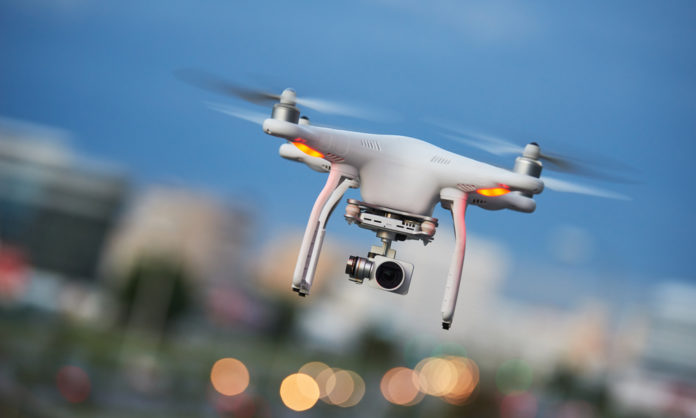The protester argued a delivery order fell outside the scope of an IDIQ because the RFQ sought a noncommercial item. The item was not widely available in the U.S. But it had been sold to foreign governments and thus nonetheless qualified as commercial.
MC2 Sabtech Holdings, Inc. v. United States, COFC No. 22-1582
- Protest – The protester held an IDIQ contract, which the agency used to procure commercial items for logistical support. The agency issued an RFQ under the IDIQ seeking a device to detect drones. The protester argued the RFQ sought a non-commercial item and thus was outside the scope of the IDIQ contract.
- Definition of Commercial – The FAR defines a commercial product as (1) a product that’s been sold to the general public, (2) a product similar to one sold to the public, or (3) a non-developmental item sold in bulk to foreign countries. The protester argued the product the agency wanted hadn’t been sold to the public. The agency argued the product was commercial because a similar product had been sold to the public, and a non-developmental version had been sold to foreign countries.
- Product Was Commercial – The court sided with the government. To be sure, the product was not widely available to the public. Indeed, the FCC had not even approved the product for use in the U.S. Nevertheless, the product had been sold to some commercial customers and to foreign governments as well as NATO. Thus, the product was commercial and fell within the scope of the iDIQ.
The protester is represented by Todd John Canni of Baker & Hostetler, LLP. The government is represented by Mariana Teresa Acevedo of the Department of Justice.
–Case summary by Craig LaChance, Senior Editor




